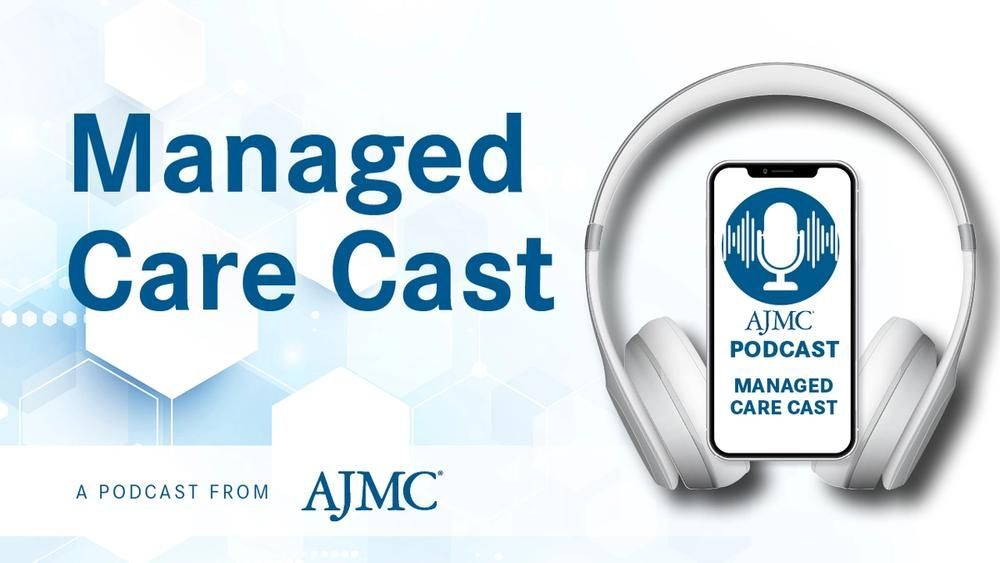Video
Impact of the EMPA-REG Study in Type 2 Diabetes
Dennis P. Scanlon, PhD: Welcome to The American Journal of Managed Care® Peer ExchangeTM, “Diabetes Therapy and Cardiovascular Outcomes: An Update.” My name is Dr Dennis Scanlon, and I’m a professor of health policy and administration, and director for the Center for Health Care Policy and Research in the College of Health and Human Development at the Pennsylvania State University.
Almost a decade ago, the FDA issued a guidance for evaluating cardiovascular risk in novel diabetes therapies. Although they were designed to ensure that diabetes therapies were safe, in a few cases, these large, international trials have shown that diabetes therapies can offer cardiovascular benefits and reduce deaths.
With us today to talk about cardiovascular outcomes trials are: Dr Zachary Bloomgarden, clinical professor in the Division of Endocrinology, Diabetes and Bone Disease, of the Department of Medicine, at the Icahn School of Medicine at Mount Sinai in New York; Dr Robert Gabbay, senior vice president and chief medical officer of Joslin Diabetes Center in Boston, and associate professor at Harvard Medical School; Dr Silvio Inzucchi, a medical director at Yale Diabetes Center, and professor at Yale School of Medicine; and Dr Kenneth Snow, a medical director for Aetna. Thank you all for joining us. Let’s begin.
We wanted to start by talking about cardiovascular outcomes in diabetes and what we know so far. The EMPA-REG OUTCOME trial produced results that had not been seen before in diabetes care—a treatment for type 2 diabetes that was found to have cardioprotective benefits. Dr Inzucchi, maybe I’ll start with you. What made the results of this trial unlike anything seen previously?
Silvio Inzucchi, MD: Well, it’s been one of the most frustrating aspects of diabetes care—correcting what we all agree is a fundamental metabolic abnormality of this disease, which is hyperglycemia, has had no or little effect on cardiovascular outcomes, which is very perplexing. We can reduce retinopathy, and nephropathy, and probably neuropathy. But, when you look at studies over many decades, it’s been very difficult to demonstrate that lowering glucose with a specific strategy or any drug actually benefits the heart.
I think what EMPA-REG OUTCOME showed us is that you can improve cardiovascular outcomes, perhaps not through lowering glucose but through using a glucose lowering therapy. It was the first study that demonstrated a strong effect on cardiovascular mortality, and this was presented in September of 2015. One of the more striking results from the EMPA-REG OUTCOME trial was that the SGLT2 (sodium-glucose co-transporter 2) inhibitor, empagliflozin, was associated with a 38% reduction in cardiovascular mortality. I must say, when I saw these results and I was on the steering committee for the trial, I almost fell out of my chair. It was very, very striking that a diabetes therapy that was not a hugely powerful glucose lowering drug could have such a significant effect on, obviously, a very important outcome, which is cardiovascular death.
Dennis P. Scanlon, PhD: Right. This has really changed the expectations for outcome trials, now, going forward, hasn’t it? Can you talk a little bit about what we’re looking at, now, in terms of cardiovascular trials and how they’re designed?
Silvio Inzucchi, MD: There’s a panoply of these trials now underway, and I think we’ll talk a little bit later about the other SGLT2 inhibitor trials and some of the other drugs. Those have already taken off and the design is very similar to EMPA-REG OUTCOME. What you do, in these trials, is you add a drug into the mix of medications that patients with type 2 diabetes have, and you compare that to placebo. So, it’s not comparing one strategy versus another. It’s comparing a glucose lowering treatment approach using a single drug with other medications for diabetes, versus not using that drug. So, they’re somewhat limited in what they can say. There are other trials that we may get to that actually compared the addition of 2 separate drugs to patients with type 2 diabetes.
The second important point is that these studies are being conducted either in patients with established cardiovascular disease (CVD), or established CVD, and patients who have lots of risk factors for CVD. It’s really important not to over interpret these results because there’s always this temptation in our field (and I think in most medical fields), to cut and paste what we learn from one group of patients to another. Primary prevention, in terms of patients without prior history of CVD, has not been demonstrated with any of these medications that we’ll be addressing today.




